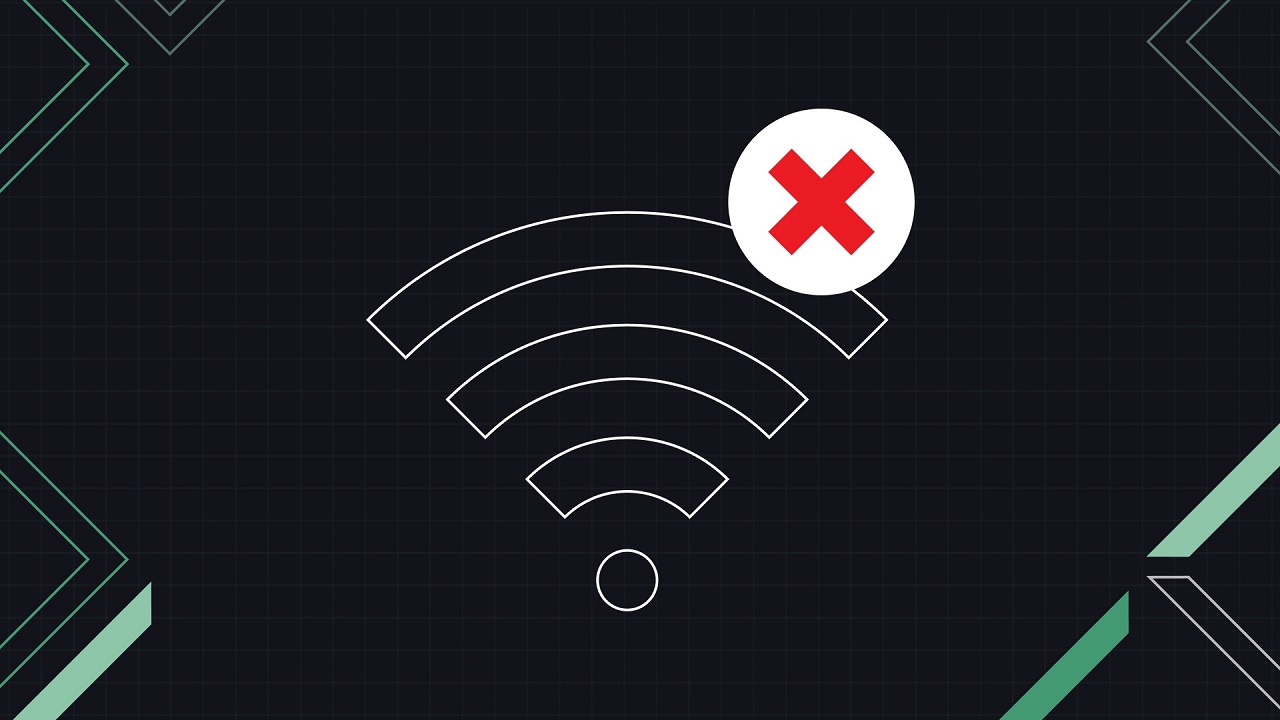Disconnected Nation: Unraveling the Impact of Internet Shutdowns in Pakistan

Governments throughout the world are still resorting to internet shutdowns and network disruptions to stifle protests, prevent election losses, strengthen military coups, or isolate war zones from the rest of the world. Mass rallies, military operations, coups, elections, community unrest and religious festivals are the most common times when governments around the world imposed internet blackouts, the situation of internet shut downs in Pakistan is no different. The UN special rapporteur on the rights to freedom of peaceful assembly and of association, Clément Voule, makes an astute observation: “Shutdowns are lasting longer, becoming harder to detect, and targeting particular social media and messaging applications and specific localities and communities.”
Despite these disheartening tendencies, there is a growing worldwide agreement, at least among liberal democracies, that preserving internet access is intrinsically related to freedoms of speech and association and constitutes a critical aspect of the global democracy and human rights agenda.
Internet Shutdowns in Pakistan: A Brief History
In 2005, Pakistan’s military and anti-insurgency efforts in Baluchistan included the first shutdown of the country’s internet. However, mobile network shutdowns in rest of the Pakistan started in 2012 when Interior minister Rehman Malik began ordering mobile network shutdowns. The frequency of these shutdowns has fluctuated throughout the years but has been stable in the last few.
The areas affected by these blackouts might be as small as a single neighborhood in Islamabad or as large as the entire country. When analyzing shutdown data, though, some trends become apparent. There are two main types of shutdowns: those that last for a few days to a week and those that last for several weeks or months. Within temporary shutdowns, the following five types predominate:
- Events commemorating officially recognized political holidays, such as Pakistan Day or Independence Day.
- Religious festival parties, such as Eid ul-Fitar or Ashura.
- Unspecified but perceived security risks that need temporary service interruptions.
The Internet blackouts normally last for one day, but they have been known to last for as long as seven days. These blackouts frequently affect remote parts of Pakistan, like Baluchistan and the tribal areas. In Pakistan, 4.5 million people in the Federally Administered Tribal Area went without access to the internet for over four years, making it the country with the longest internet shutdowns monitored by Access Now. The blackout that started in 2016, ended in December 2021.
Consequences of Internet Blackouts for Pakistan
The Pakistani economy is severely affected when the country’s networks go down. When the government or other authorities cut down on access to the Internet and mobile services, it has far-reaching effects on numerous sectors of the economy.
Disruptions to Business: In today’s world, where all businesses have shifted online when networks go down, it causes havoc for all businesses. The inability to contact customers, vendors, and partners during the network outage causes delays, decreased productivity, and lost opportunities for enterprises. Which in turn results in falling revenue creation and overall economic growth.
Financial Losses: Network shutdowns affect digital payments, and since the Pakistani economy is heavily dependent on online banking and financial services, restrictions on the Internet cause difficulties for businesses to conduct everyday business. The public also suffers since they cannot make payments and receive cash, hence shattering the whole economic system of the country.
E-commerce and Retail: Network outages are devastating to e-commerce and other types of online shopping. These sites help make it easier for people to buy and sell things online, create new jobs, and advance the digital economy. Businesses suffer financial losses when clients are unable to make purchases on their websites because of a network outage. In addition, SMEs that rely on digital mediums face serious obstacles that stunt their development.
Tourism and Hospitality: Network shutdowns can also impact the tourism and hospitality industries. While traveling, tourists increasingly rely on their mobile devices and the internet for everything, from booking accommodations to researching attractions. Tourists suffer and may even cancel their trips if networks are taken down. This directly affects the tourism industry, resulting in a decline in tourist arrivals, hotel bookings, and related revenues, negatively impacting the economy.
Shakes investor confidence: a conducive business environment is crucial to winning investors’ trust, but network shutdowns put a dent in that trust. Domestic and foreign companies alike need dependable network infrastructure to function effectively. Investors may doubt the country’s stability and the government’s dedication to fostering a suitable business climate if the network goes down frequently or for an extended period. Foreign direct investment (FDI) and economic development might both suffer as a result.
Employment and Livelihoods: The economic consequences of network shutdowns go beyond mainstream businesses. Millions of daily wage earners, such as delivery riders, ride-hailing drivers, and independent contractors, lost their source of income when the internet went down. This can have a domino effect on consumer spending, which in turn can slow economic expansion.
Internet Shutdown of 9th May
Stable and uninterrupted network access is essential for a functioning economy, and network outages put a serious damper on that. If we just analyze the recent internet blackout that started on May 9th, 2023, we can see the devastating effect it created on our economy. The already struggling Pakistani economy took a serious hit from the closure, especially in the commercial sector. In response to the decision, business owners, startup founders, and IT industry professionals have expressed concerns about the economic consequences.
Ride-hailing services like Careem and InDrive, as well as delivery apps like Foodpanda and Bykea, have been severely impacted by the outage of mobile internet. About 160,000 riders are employed by these companies, and more than 12,000 eateries and home cooks are employing them through digital connections.
The industry lost 3 to 4 million dollars every day during the internet shutdown that started May 9th, as per P@sha. Similarly, freelancers in the country were cut off from the rest of the world during the closure. Pakistan is the world’s third-largest provider of freelance work, and a sizable portion of that is in the field of information technology. Employers seeking Pakistani workers on the freelance marketplace Fiverr were met with a note that read: “This freelancer is in a location currently experiencing internet disruptions. As a result, they may not be able to fulfill orders as quickly as usual.”
When people don’t have access to the internet, they can’t use vital digital services like online payment systems, telemedicine, online food delivery, and ridesharing. As a result of the social media blackout, many little and medium-sized enterprises were negatively impacted. Millions of Pakistani content creators may make money on Facebook, YouTube, and TikTok. They provide for themselves and their family with the money they make.
How do people get around it?
- VPNs allow users to access restricted sites by connecting to a proxy server outside a banned nation. App shops, product websites, and APK packages sent over email or messaging systems provide popular free VPNs. These technologies help when a government blocks access to some areas of the internet but not others.
- Private servers can replace VPNs. Open VPNs can be censored by governments. Services like Outline, an open-source internet security initiative from Google’s Jigsaw team, allow users to set up and share private servers everywhere. This decentralized method is useful when governments limit internet access as there is no central domain or IP address to ban.
- Mesh networks are efficient alternatives to VPNs when external connectivity is blocked. Mesh networks let people communicate without the internet or SMS. Instead, they use Bluetooth and Wi-Fi to create a network of nearby devices that can share data wirelessly.
- Serverless circumvention techniques can increase internet access during outages or circumvent permanent restrictions. Intra, GoodbyeDPI, Green Tunnel, and Geneva do not tunnel traffic or use third-party servers like VPNs, making them harder to filter.
Is there an end to it?
Security concerns do not appear to be an adequate reason for the frequency of shutdowns in Pakistan. Pakistan, like many other countries, undoubtedly confronts several security risks. “Many countries face terrorism; they don’t block the internet; why do we?” It is hard to evaluate the efficacy of shutdowns in improving security and preventing terrorism since national security justifications are kept secret.
Internet blackouts continue to gain popularity despite the damage they inflict and the variable degree of effectiveness they achieve.
Internet blackouts, whether whole or partial, are counterproductive and do nothing to benefit the people of Pakistan. While claims of national security are being made to justify the closure, there is no evidence to suggest that such measures actually improve security. Did demonstrations end in Pakistan when mobile internet was blocked by the government? There were still casualties and damage to infrastructure.
Shutting down the internet will also not halt the spread of misinformation. There have been many instances of political upheaval leading to internet shutdowns by the government. That has only served to spread more false information. People still talk, and still find ways to send messages, although credible ways to share information with large numbers of people are not available which merely fosters more confusion by spreading false information. Despite the recent blackout of 9th May, thousands of people came out on the roads to protest Imran Khan’s arrest. The Internet blockage did not bear any fruits for the government but rather aggravated the situation further.
Alternatives to network shutdown
Instead of implementing a complete internet shutdown, governments should devise other ways to deal with specific situations or concerns. Government can target specific websites or online content that violates laws or regulations without destroying the public’s right to information. The government should invest in public awareness and education campaigns to promote responsible internet usage, digital literacy, and online safety. This approach aims to address concerns by empowering citizens with knowledge and promoting responsible behavior rather than resorting to restrictive measures.
When contemplating steps to regulate internet access and use, government should give equal consideration to issues of security, human rights, and the possible economic and social effects.
ALSO READ: Internet & Mobile Services In Quetta Suspended Ahead Of Ashura
PTA Taxes Portal
Find PTA Taxes on All Phones on a Single Page using the PhoneWorld PTA Taxes Portal
Explore NowFollow us on Google News!





